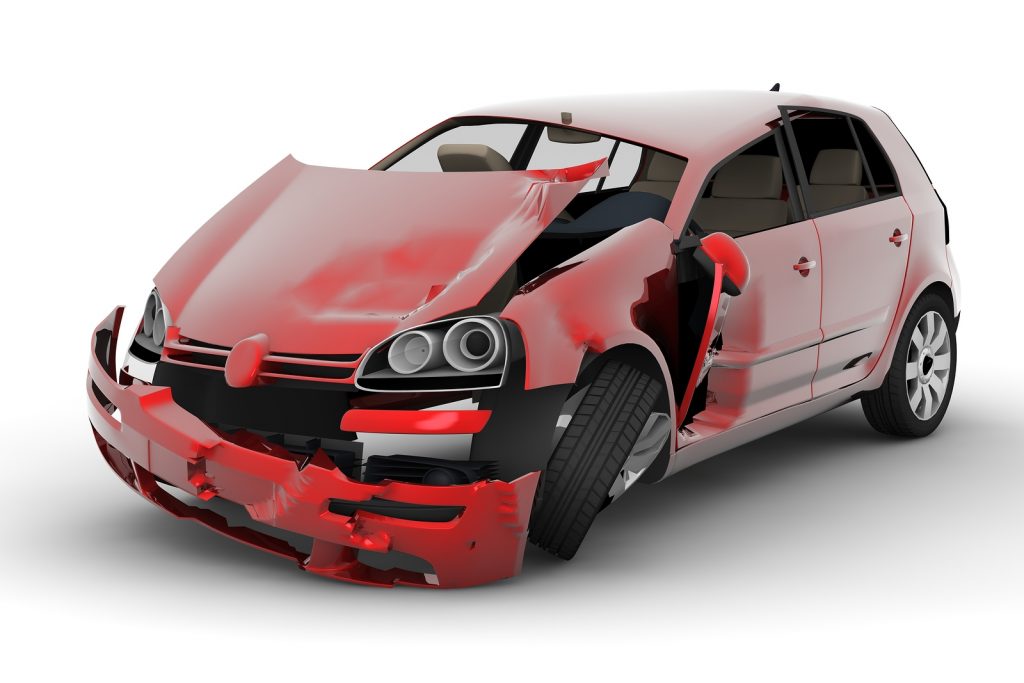Getting injured in a car accident is never easy, but it is especially hard when you can’t work due to your injuries. While you may need to contact a car accident lawyer to file a claim, there are things you can do in the meantime that can prevent your income from stopping completely while you recover.
You can recover income from various sources, including:
- Your own auto insurance policy;
- Personal short- or long-term disability coverage that you hold independently or through your employer;
- Recovering damages from the person who caused the injuries with the help of an accident lawyer
Recovering Loss of Income From Your Standard Auto Insurance Policy
In Canada, all drivers are required to carry a minimum amount of car insurance. In Nova Scotia there is a standard car insurance policy that covers:
- Third-Party Liability (Section A);
- Accident Benefits (Section B);
- Uninsured and Unidentified Auto Insurance (Section D)
Loss of income falls under Section B and your income is based on a percentage of your net income at the time of the accident. If your injuries prevent you from doing that job, it is possible to receive up to 80 percent of your gross income to a maximum of $250 per week.
Income loss compensation under Section B can continue for up to two years if you can’t do the job you were doing at the time of the accident. The income loss coverage only continues after two years if you can’t do any job thatyou are suited to based on your experience and education and/or training.
If you are totally and permanently disabled you are entitled to receive Section B income loss payments for life.
In order to claim Section B benefits, you must file for them within 30 days of your accident.
Short- and Long-Term Disability Through a Workplace or Personal Policy
Having short- and long-term disability insurance is a good idea, because it prepares you for times when you need to cover expenses if you become injured for any reason. Many workplaces encourage enrollment in their group policies, or you may have a policy you hold independently. Since Section B is limited in how much compensation it offers, tapping into disability benefits can help narrow the gap. The exact terms of these policies vary, so you’ll have to look at them closely before filing a claim.
Recovering Damages From the Person at Fault
If your income has not been totally recovered from the previous two sources, a car accident injury lawyer may be able to help you recover income loss damages from the person who was at fault for the accident.
When looking for a lawyer in Halifax, you will want to do your homework in order to find the best personal injury lawyer you can. In addition to helping you obtain loss-of-income benefits, a qualified car accident lawyer can also help you receive a settlement that will pay for your medical bills that are accident-related; help with home services, such as housekeeping that you cannot do; treatment for sustained injuries; pain and suffering; and diminished earning potential.
Remember that diminished earning potential is different than loss of income, because it focuses on the type of work you were planning to do in the future rather than your current work. To learn more about how to sustain your income after a car accident in Nova Scotia, contact an experienced personal injury lawyer today.
McKiggan Herbert Lawyer are experienced in working with car accident victims in Halifax and will give you a realistic look at what you need to do to make a successful claim.










